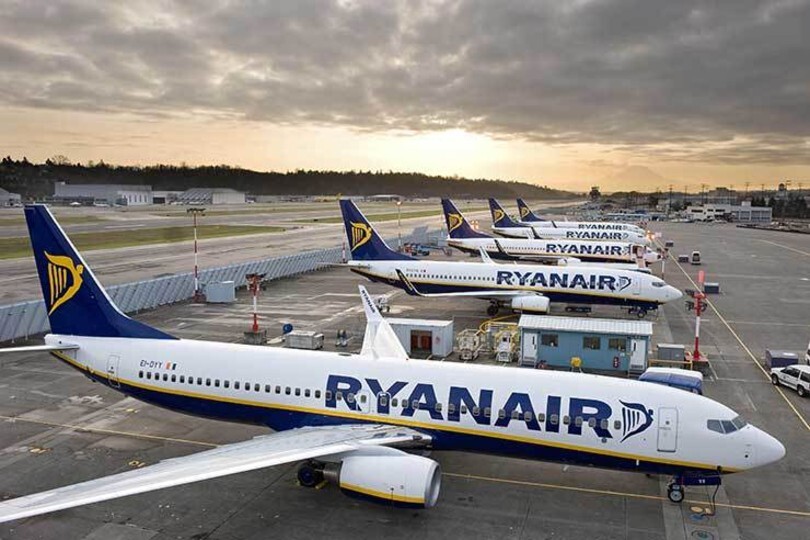Low-cost airlines will recover from pandemic ‘stronger than ever’
 Will Payne
Will PayneRising living costs, increased airfares and budget carriers’ plans to increase capacity will see the low-cost aviation sector emerge from the pandemic "stronger than ever", according to GlobalData.
The analytics firm said the increase in living costs and airfares, as well as Ryanair’s plans to boost capacity to above pre-pandemic levels, will lead to passengers, who may traditionally prefer to stay loyal to national flag carriers, booking with low-cost airlines.
According to GlobalData’s Q3 2021 Global Consumer Survey, 58% of respondents said affordability was the main factor in deciding where to go on holiday. This sentiment is now being echoed across the travel industry as it gradually recovers in 2022.
Key players in the budget airline sector such as Wizz Air, easyJet and Ryanair have all projected that July 2022 capacity levels will be higher than 2019.
GlobalData said passengers "should expect" to see fare increases across all airlines over the next 12-24 months. However, it claimed the budget sector is "better equipped" operationally to deal with the cost of living crisis.
Craig Bradley, associate travel and tourism analyst at GlobalData, said rising fuel costs have caused air fares to increase to cover operational overheads.
"Whilst the low-cost sector is as much affected by these as full-service carriers (FSCs), the typically young age of their aircraft means that many are more fuel efficient, helping to reduce fuel expenses," he added.
"The low-cost business model is also designed to reduce other operational overheads meaning that fares can stay relatively low despite the current climate.
"With passengers potentially booking more flights with low-cost airlines, this is likely to impact multiple sectors, especially business travel, where corporate travel budgets have already been squeezed."
Sign up for weekday travel news and analysis straight to your inbox
Supplier Directory
Find contacts for 260+ travel suppliers. Type name, company or destination.












